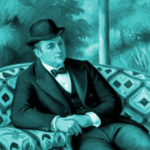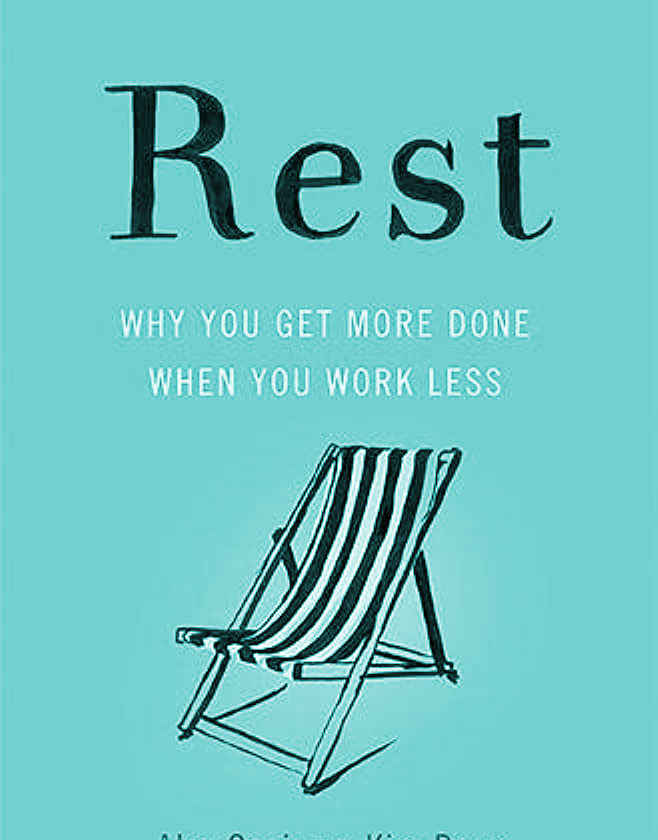A digest of Chris Bailey’s book, The productivity project.
Productivity is about working smarter by better managing energy and attention (let alone time).
Productivity boils down to doing the most important thing, not doing more.
Adequate productivity, according to the author, lies between two extremes. It is a midpoint between the hyperactivity of the trader and the hyperdetachment of the Buddhist monk. One acts in an inconsiderate manner, losing the meaning of his actions as well as his values. The other meditates intensely and therefore shows better discernment, but does not perform many actions. Ideally, one must combine reflection with execution in order for the latter to be intelligent.
Time must be organized, energy must be maintained to promote a high level of execution, and attention (of consciousness) must be raised to allow concentration. There is no point in trying to finish a task if you are anxious or distracted. It is better to meditate or walk around for a few moments to clarify your ideas and thus increase your attention to the work.
Knowing what our values are and what motivates us
Before you want to improve your productivity, you need to know in detail what the main reason is. Do you want to spend more time with your loved ones, have more time for physical exercise, etc.? Without a solid reason, it will be difficult to set up a routine that will stand up to obstacles. Motivation is key; it conditions the effectiveness of new habits.
The rule of 3
JD Meier: Getting results with the Agile method
According to JD Meier, its organisation should be simplified, keeping the number 3 in mind:
- Have 3 weekly objectives
- Have 3 daily objectives
Weekly objectives condition the daily objectives. 3 is easy to remember, it designates the most important things to achieve.
For example, if during a week you need to set up a new marketing campaign for one of your products, take your family away for the weekend and repaint the shutters of your house, this will involve the following daily tasks for example :
- contacting your marketing department or an external agency
- look at possible options for going away for the weekend and book the right place
- buy paint and necessary materials
How do we fight procrastination?
Just make a task more interesting and rewarding.
There are 6 characteristics that make a task prone to procrastination:
- boring
- difficult
- destructure
- frustrating
- meaningless
- no intrinsic reward
In order to accomplish a task, one must combat the negative psychological triggers it presents. If it is boring, improve the workplace (with music, for example) to make it more enjoyable. If it does not have an intrinsic reward, you can offer yourself a reward after it has been completed, such as a break, a meal, etc.
Working more often means working less
Since time is not the only variable conditioning productivity, there is no point in working more to achieve more. The solution often lies in our energy (conditioned by what we eat, how much sleep and exercise we get) and attention. It’s often best to stop working, take a nap and then get back to work. One hour of work in full possession of one’s means (attention and energy) can be the equivalent of up to 2 or 3 hours of work under normal conditions.
The brain is used to think, not to memorize
Writing in a notebook the tasks to be completed frees our brain from unnecessary interference. Memory is often a hindrance to pure intellectual performance. If we make an analogy with computers, it is preferable to put one’s data in the cloud in order to free up processing memory for one’s own computer.






